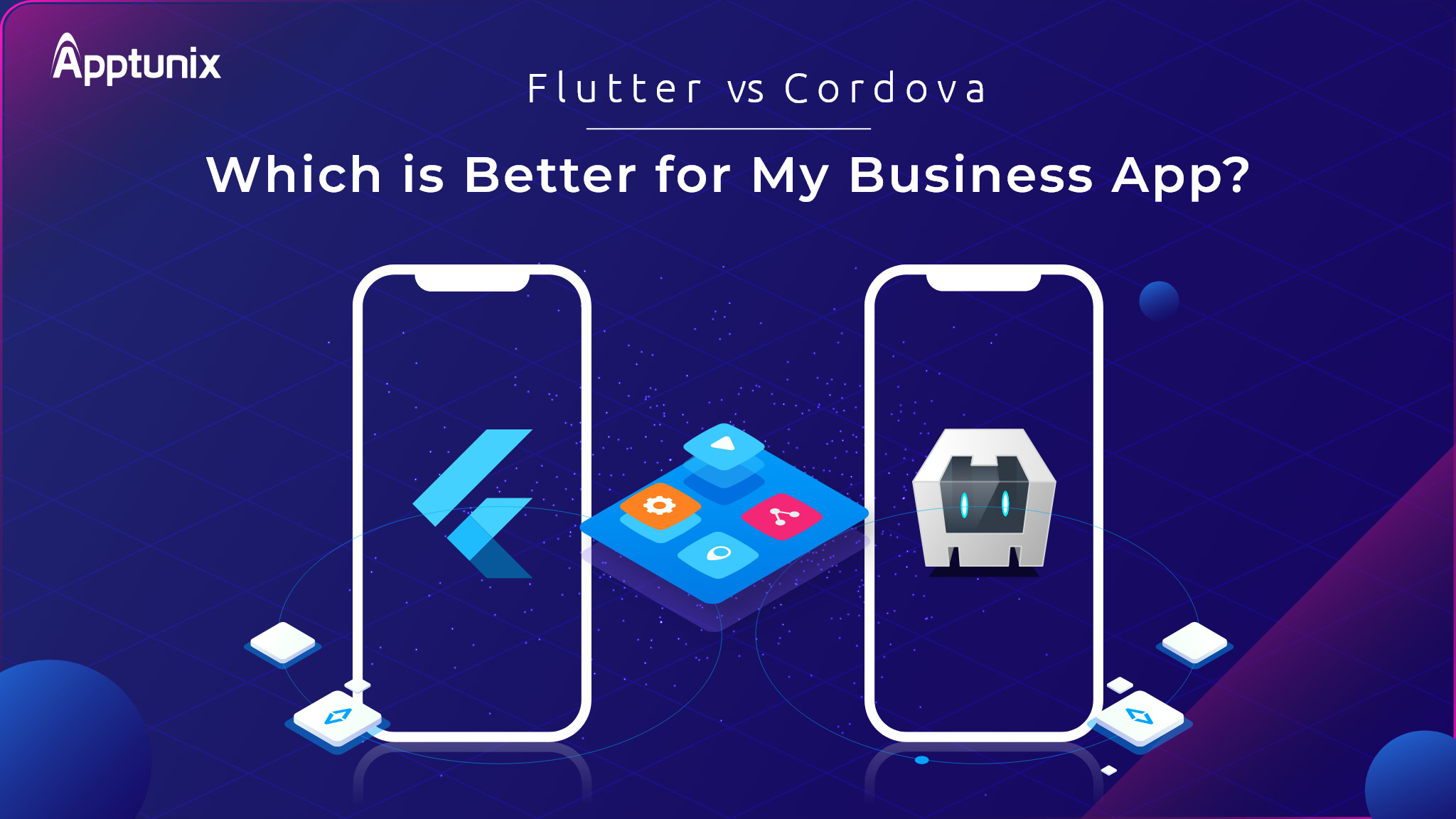Don't miss the chance to work with top 1% of developers.
Sign Up Now and Get FREE CTO-level Consultation.
Confused about your business model?
Request a FREE Business Plan.
Best 7 Blockchain Programming Languages for App Development in 2023
Table of contents

Blockchain disrupted the tech industry with the introduction of Bitcoin, the world’s first cryptocurrency. Since then, there has been a flood of cryptos. Blockchain, however, isn’t limited to powering cryptocurrencies only.
There are numerous applications of blockchain, varying from voting and real estate to securing personal and IoT networks. According to Techjury, the blockchain market will be worth $20 billion by 2024. Moreover, by 2025, the total expenditure on blockchain integration into healthcare alone would be $5.6 billion.
As such, more and more businesses are jumping on the blockchain development bandwagon. Blockchain is a rapidly growing and evolving field of technology that has the potential to revolutionise the world.
So, if you’re looking ahead to blockchain development, you need to know the best options that you have, i.e., the best blockchain programming languages for app development.
Before we dive head into top blockchain programming languages for app development, let’s know a little more about blockchain programming and the reasons to opt for blockchain programming.
What is Blockchain Programming?
Blockchain programming pertains to the craft of creating and maintaining blockchain applications using programming languages. Both new and older programming languages can be used to build blockchain-powered solutions.
C++, Solidity, and Python are some of the leading choices for blockchain programming. Nonetheless, there are a galore of other options available too.
Blockchain programming is required for the development of cryptocurrencies, NFTs, smart contracts, DeFi systems, and so on. Today, blockchain programming is one of the rapidly growing fields of IT.
Why Choose Blockchain Programming?
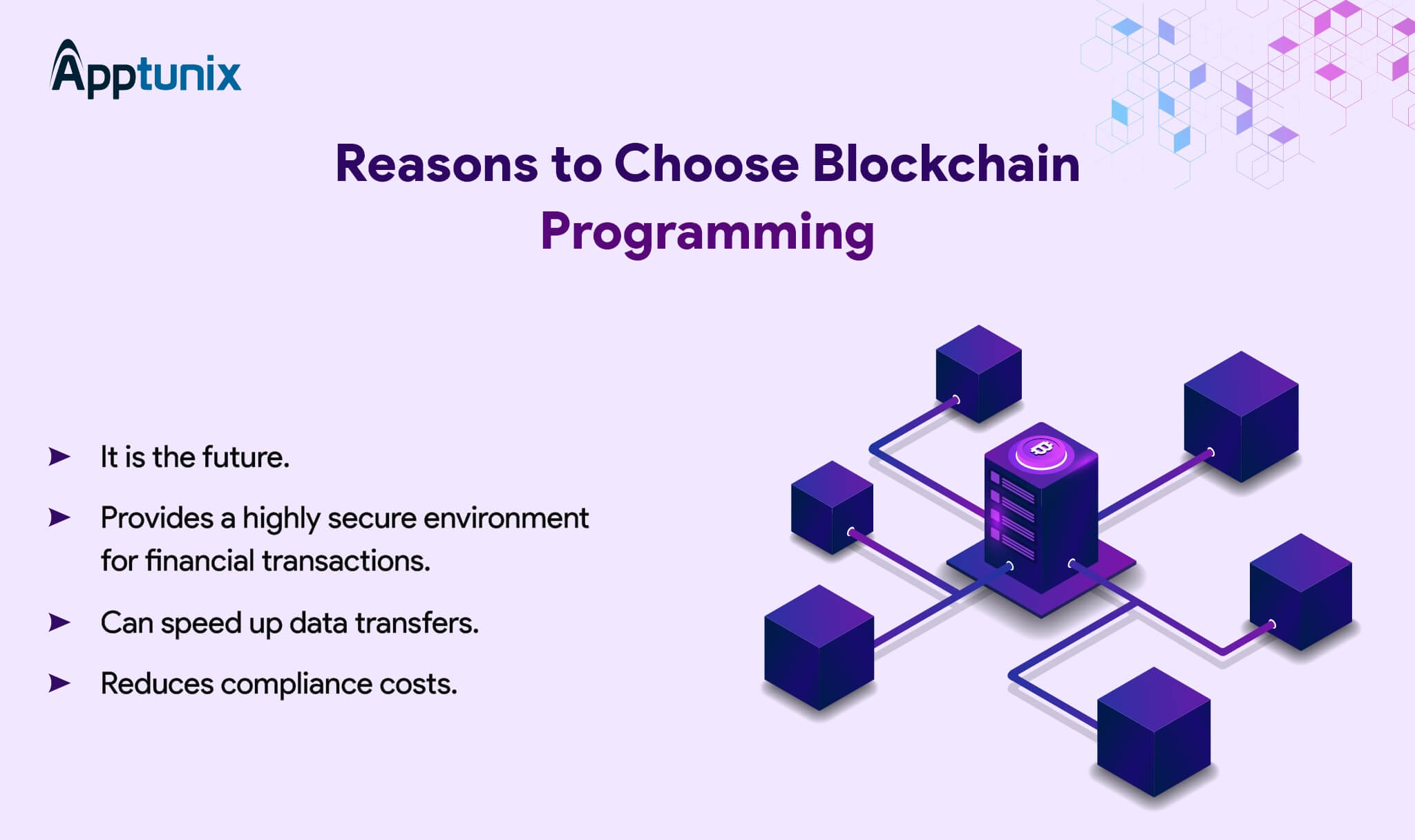
Opinions might vary, but there are many compelling reasons to convince you into starting an endeavour in blockchain development. Let’s discuss some of the best reasons to pick blockchain programming.
Blockchain is not a fad. Instead, it is a revolutionary technology that is here to stay. Blockchain has the potential to revolutionise various walks of life. Cryptocurrency is just one of the many applications that blockchain technology can be put into use.
Another important reason for leveraging blockchain programming is the high level of security that it provides to the financial transactions involved. Reduced compliance costs and faster data transfers are two more desirable reasons to choose blockchain development.
Top 7 Blockchain Programming Languages for App Development
At present, there are many programming languages that can be used for developing blockchain applications. Each one of them has its distinct advantages and issues to go through.
Here is the list of our pick of the best 7 programming languages for blockchain development in 2023 and beyond:
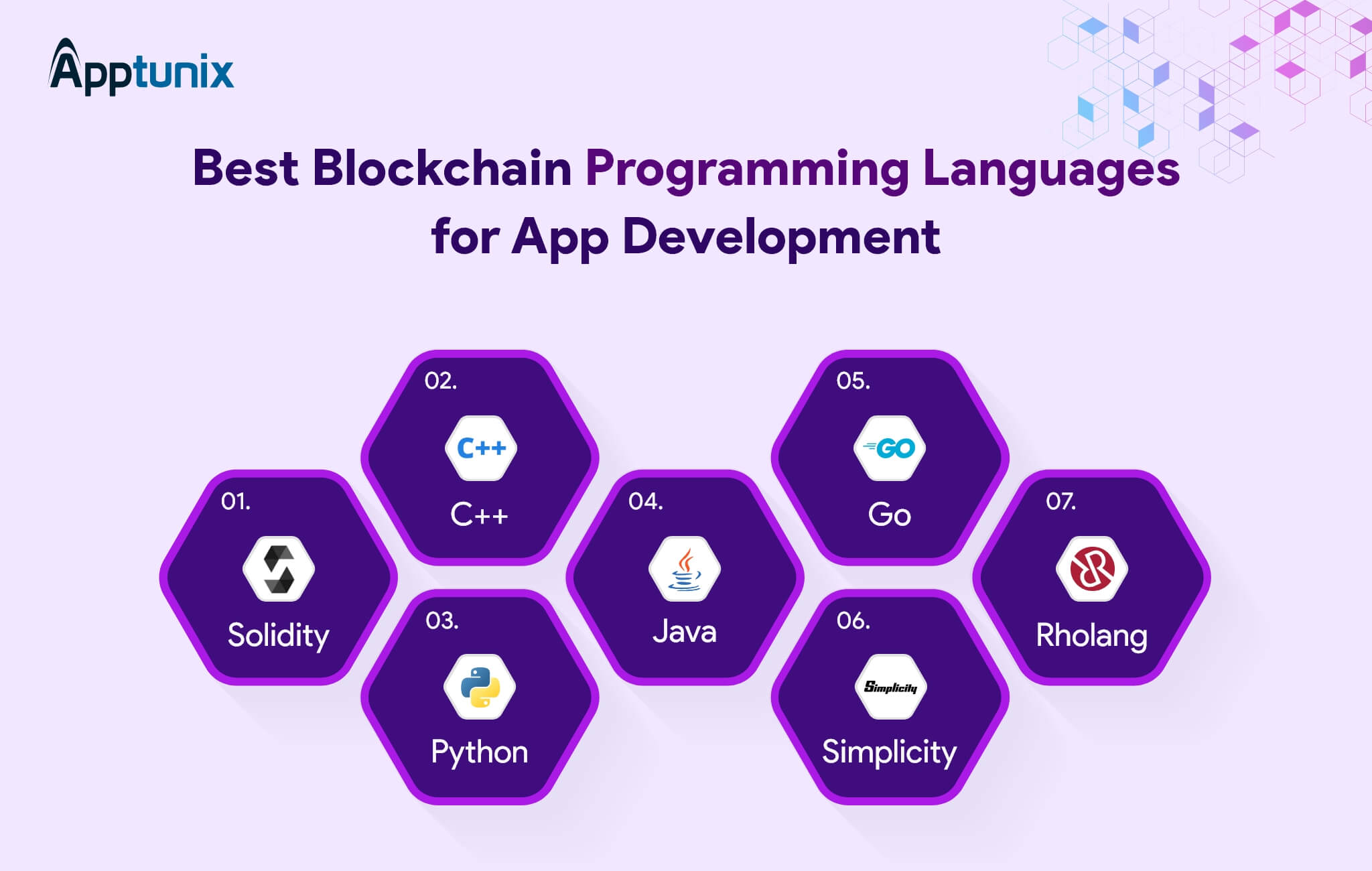
Let’s go through each one of these blockchain programming languages to know about their strengths, issues, and features:
1.Solidity
Initial Release – 2014 (Proposition), March 2018 (Stable release)
Developer – Ethereum project’s Solidity team
Unlike most programming languages on this list, Solidity is developed specifically for blockchain programming. It was proposed by Gavin James Wood, a computer scientist who co-founded Ethereum and created Polkadot and Kusama – in 2014.
In fact, the entire Ethereum ecosystem is developed using Solidity. Ethereum smart contracts are also written in it. Solidity is a statically-typed programming language that runs on EVM (Ethereum Virtual Machine).

Considered to be the best programming language, at present, for smart contracts development, Solidity takes cues from C++, Java, and Python, all of which are among the leading programming languages. It also has some notable features of PowerShell.
Features of Solidity
- The ABI (Application Binary Interface) offers many type-safe functions.
- It provides support to the humongous Ethereum development ecosystem.
- Excellent for smart contracts development.
Advantages of Solidity
- Easy to learn.
- Most used and stable blockchain programming language.
- User-friendly.
- Offers a good range of security features.
- Provides an accurate and secure medium for various sources in developing smart contracts.
Disadvantages of Solidity
- There is no way to alter a smart contract once it is made. Hence, you can’t modify or add extra features to the contracts developed.
- Usually fails to achieve required code coverage.
- Lacks sufficient documentation on known vulnerabilities.
2.C++
Initial Release – 1985
Developer – Bjarne Stroustrup (original), ISO/IEC JTC 1/SC 22/WG 21
Developed as a successor to the C programming language, C++ brought object-oriented programming to the mainstream. In fact, it has been a huge influence on the development of OOPS-based Java. The major features for preferring C++ for developing blockchain apps are:
- Function overloading,
- Multithreading, and
- Runtime polymorphism.
The high-level general-purpose programming language is suitable for many utilities, including blockchain development. It powers the original cryptocurrency, i.e. Bitcoin, and many leading cryptos like Ripple and Stellar.
C++ is considered among the best options for blockchain development because it allows devs to mould data to their specifications.
Features of C++
- Comes with a rich library.
- It is a mid-level programming language.
- Supported by a wide community.
Advantages of C++
- It is an object-oriented programming language, which makes it easy to develop blockchain applications.
- C++ is a developer-friendly programming language.
- Replete with security features, such as data hiding.
- C++ code is performant.
Disadvantages of C++
- Lacks dynamic memory allocation.
- Gets complex for lengthier programs.
- C++ is platform-specific. Thus, you need to write the same program differently for different platforms.
3.Python
Initial Release – 1991
Developer – Guido van Rossum (original), Python Software Foundation (current)
Python is an object-oriented general-purpose programming language that is most suitable for data science and statistical computing. It is also a great choice for developing blockchain and DeFi applications.
Due to its pseudo-English syntax, it is one of the best programming languages to start learning to program. It can even be a great option to begin with blockchain programming. PyQt5 and Python Tk are two of the most popular options for blockchain development GUIs. Both are developed in Python.

Features of Python
- Easy to learn as its syntax resembles commonly-used English.
- It is excellent at handling big data and performing complex mathematics.
- Comes both with a compiler and an interpreter.
Advantages of Python
- Makes you do more by writing less.
- Offers rapid prototyping.
- Provides support for a range of platforms, including Windows, macOS, and Raspberry Pi.
- Backed by a giant community.
- Extensive default library.
- Provides support for object-oriented programming.
Disadvantages of Python
- Python is not a viable option for mobile devices.
- The dynamically-typed nature makes runtime errors frequent.
- It is slow as the memory consumption is high.
4.Java
Initial Release – 1995
Developer – James Gosling (original), Sun Microsystems (current)
Renowned for its portability and object-oriented programming features, Java is another popular programming language that also finds use in developing blockchain applications.
One of the major reasons for Java being a suitable option for blockchain development is its huge API library. Like C++, Java powers Ethereum. Additionally, it provides kick to other leading crypto frameworks like Hyperledger Fabric, IOTA, and NEO.
Java is a class-based OOPS programming language that leverages the concept of JVM, which imparts the programming language with a high degree of portability.
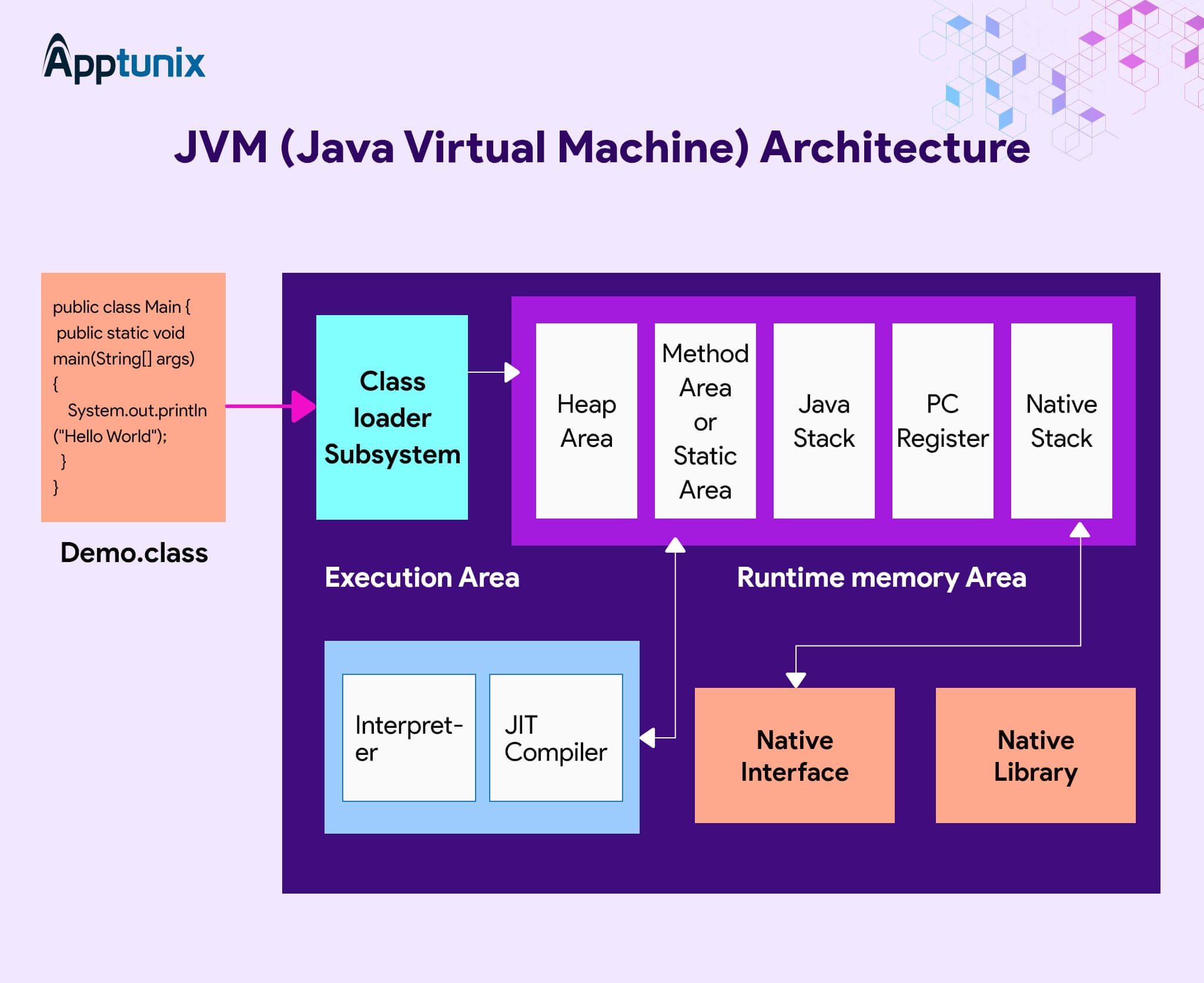
Features of Java
- Uses the Java Virtual Machine and bytecode.
- It supports multithreading for optimum CPU utilisation.
- Enjoys a giant, multi-varied global community of developers, students, enthusiasts, and so on.
Advantages of Java
- Offers a wide degree of portability thanks to its WORA philosophy.
- It is user-friendly and robust.
- Developers love Java for its flexibility.
- Comes with a wide range of security features, like a security manager that enables defining specific access rules for specific classes and enhanced security by eliminating the use of explicit pointers.
Disadvantages of Java
- Java code is case-sensitive. Hence, it is a verbose programming language that is highly transparent.
- Compared to C++, it requires more memory. Thus, it is slower.
- Its focus on memory comes with the limitation of having no backup options.
5.Go
Initial Release – November 2009
Developer – Ken Thompson, Rob Pike, and Robert Griesemer (original), The Go Authors (present)
Google developed Go in order to produce a better version of C. For doing so, Go pairs the syntactic simplicity and user-friendliness of modern programming languages like Python and JS with the performance and security of the C programming language.
It is a compiled and statically typed programming language. Thanks to its non-rigid typing discipline, Go is an ideal programming language for beginners in programming and blockchain development. Go-Ethereum, The Loom Network, and Hyperledger Fabric are three of the major use cases of Go.
Being statically typed makes Go an excellent option for developing fast web applications. Moreover, it is an excellent programming language to achieve concurrency. For doing so, it features goroutines. Furthermore, Go provides garbage collection and is ideal for developers looking to finish a task at the earliest possible.
Features of Go
- Hyperledger Fabric is the most widely used blockchain solution with Go. In fact, it is one of the most popular blockchain app development platforms.
- Although it is a statically-typed language it gives the impression of a dynamic programming language.
Advantages of Go
- Rich standard library.
- It can run many programs parallelly.
- Faster compilation.
- It is concise and simple.
- Go offers organised typing.
- Efficient garbage collection.
Disadvantages of Go
- It is a newer programming language.
- The syntax is complex to learn.
- Poor error handling. Using the repair function to track errors requires writing verbose code blocks.
6.Simplicity
Initial Release – 2017
Developer – Russell O’Connor
The purpose of this programming language is in its name. Designed with simplicity in mind, it is developed to be an alternative to Bitcoin script.
It aims to provide trust-reduced future payments, advanced smart contracts development, and other features to the users of Liquid Network. It decreases low-level understanding of cryptocurrencies. Simplicity is meant to work in line with the Elements platform.
Features of Simplicity
- No loops and recursion.
- It is a combinator-based functional language.
- Highly compatible with Blockstream’s Elements platform.
- Uses the concept of Bit Machine.
Advantages of Simplicity
- Reliable and secure.
- It is a dedicated programming language for blockchain development.
- Features formal denotational semantics defined in Coq.
- It can express any finitary function, which facilitates the development of smart contracts.
Disadvantages of Simplicity
- There is no major release of the programming language as it is still in the early stages of development.
- Requires combining functional and formal correctness.
- Code optimizers are susceptible to compromise.
Download our ebook to know how to get started with blockchain app development.
7.Rholang
Initial Release – 2017
Developer – Will Bond
Rholang is a new programming language for blockchain app development. It is intended to have a simple syntax. Unlike most other blockchain programming languages that use object-oriented or structured programming, it follows the functional programming paradigm.
The blockchain programming language runs on RChain, which is a layer 1 blockchain platform designed for decentralisation, economics, on-chain data, and the scaling needs of Web 3.0.
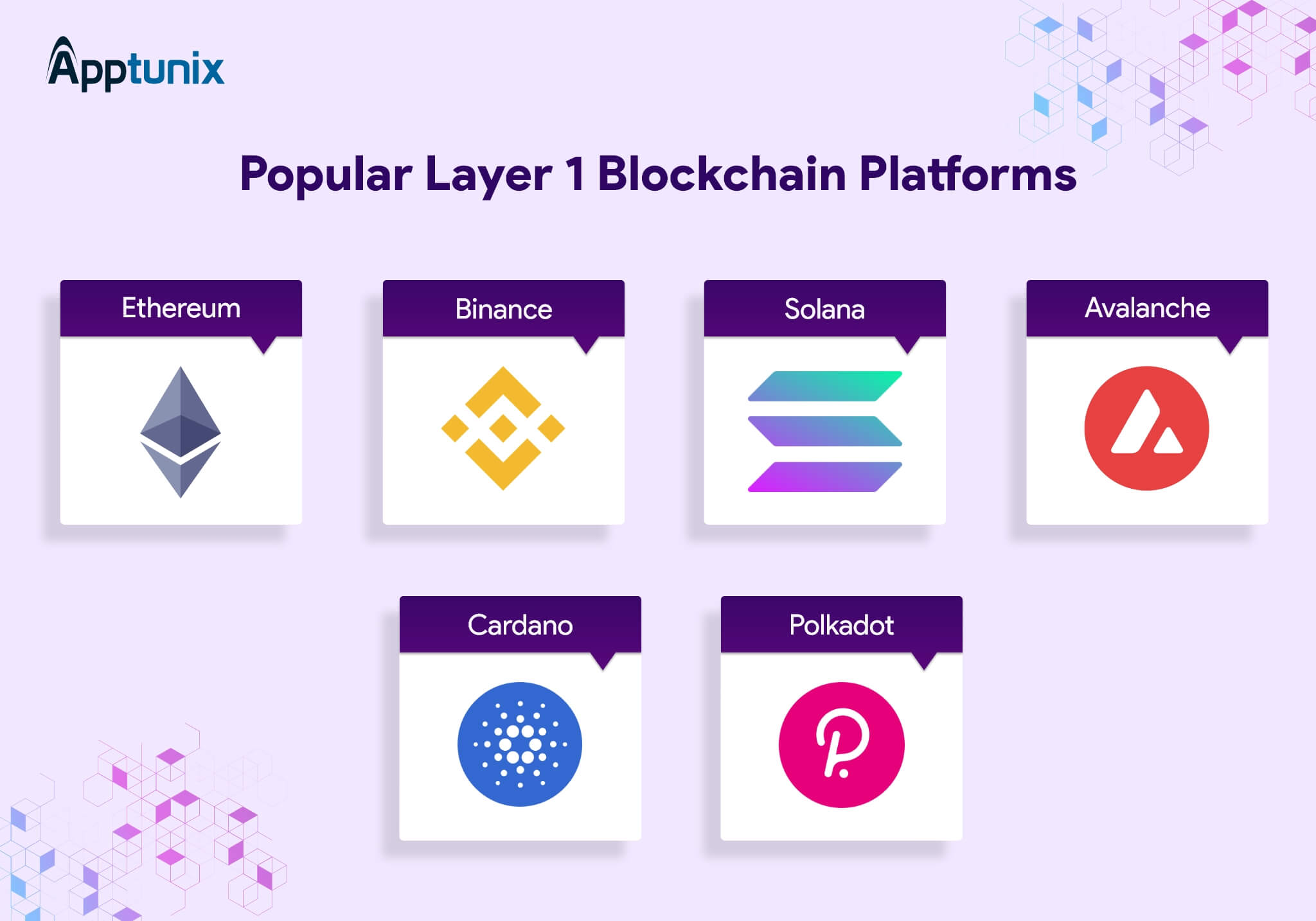
Features of Rholang
- Designed specifically for blockchain development.
- Runs on the Rchain network.
- It is a behaviourally-typed, concurrent programming language.
Advantages of Rholang
- It is user-friendly, reliable and secure.
- It is fairly easy to get started with Rholang.
- Rholang code is performant.
- Developed to be speedier.
Disadvantages of Rholang
- Lesser resources as it is a relatively newer programming language.
- Unsuitable for newer programmers.
A Comparison Between the 7 Best Programming Languages for App Development
The following table provides a quick comparison between the programming languages we discussed above:
Conclusion
Blockchain programming is a mushrooming trend that is going to go big in the near future. Hence, your business needs to be blockchain-ready.
Blockchain development is relatively new compared to web development and app development. Hence, it will increase by leaps and bounds until it hits saturation, which will take some years. So starting early with this new-age technology is an excellent idea.

Frequently Asked Questions(FAQs)
Q 1.What is blockchain programming?
Blockchain programming is the use of programming language to develop blockchain-based applications, platforms, and systems. DeFi, smart contracts, NFT, and cryptocurrency come under blockchain programming.
Q 2.How difficult is coding in blockchain?
Compared to traditional coding, blockchain coding is difficult. In addition to a robust knowledge of programming, it demands high-level technical expertise.
Q 3.Which programming language is best for blockchain?
There is no single programming language that can overcome all challenges of blockchain development. However, C++ and Solidity are the most viable options to develop blockchain-based applications with minimum issues.
Q 4.What is the scope of blockchain development?
Although there is a wide scope of blockchain development, it is primarily used in cybersecurity. That’s because blockchain leverages cryptography for encrypting data. This removes security issues like illicit data tampering.
Rate this article!
(1 ratings, average: 4.00 out of 5)
Join 60,000+ Subscribers
Get the weekly updates on the newest brand stories, business models and technology right in your inbox.
Akhil has been writing content since 2014. Although he has written content across various niches, his forte is technology writing. Throughout his tenure he has worked in various capacities. He is presently working as the Marketing Manager for Apptunix.

Telemedicine 2.0 - A Comprehensive Guide On What Healthcare Providers Need To Know?
Discover how the latest advancements like Artificial Intelligence in telemedicine are reshaping patient care. This comprehensive resource offers insights into the key trends and innovations driving this shift, providing valuable knowledge for healthcare professionals looking to stay ahead.
Download Now!Subscribe to Unlock
Exclusive Business
Insights!
And we will send you a FREE eBook on Mastering Business Intelligence.


